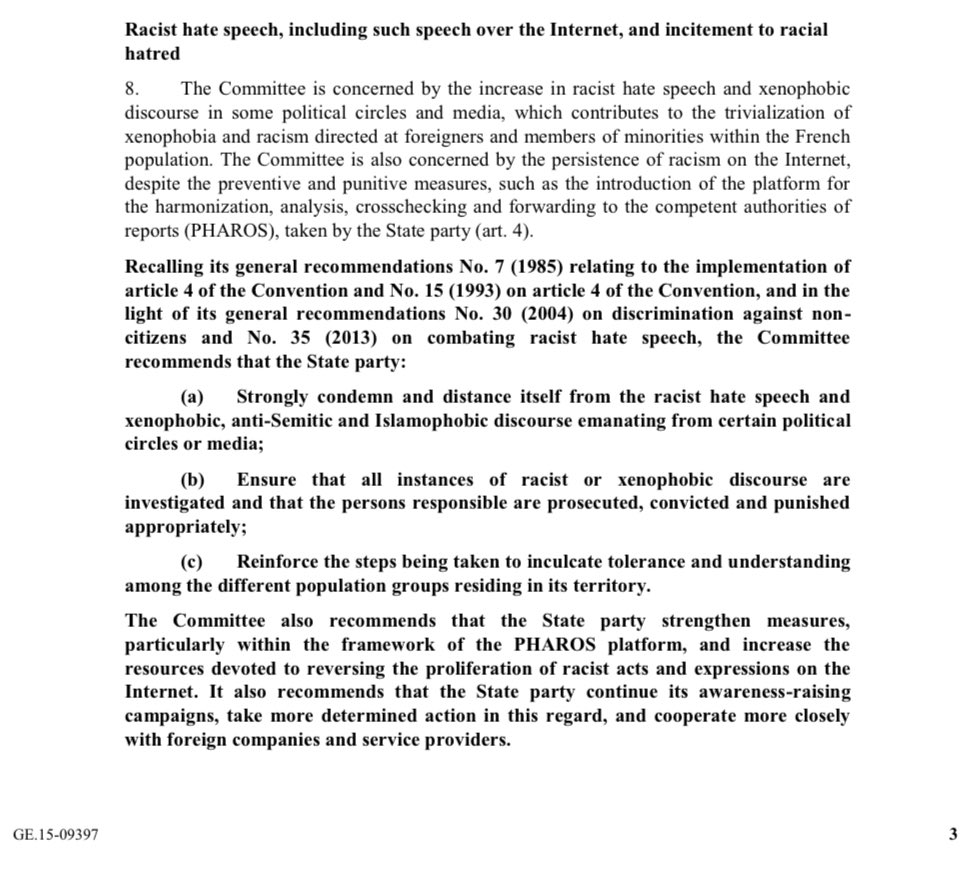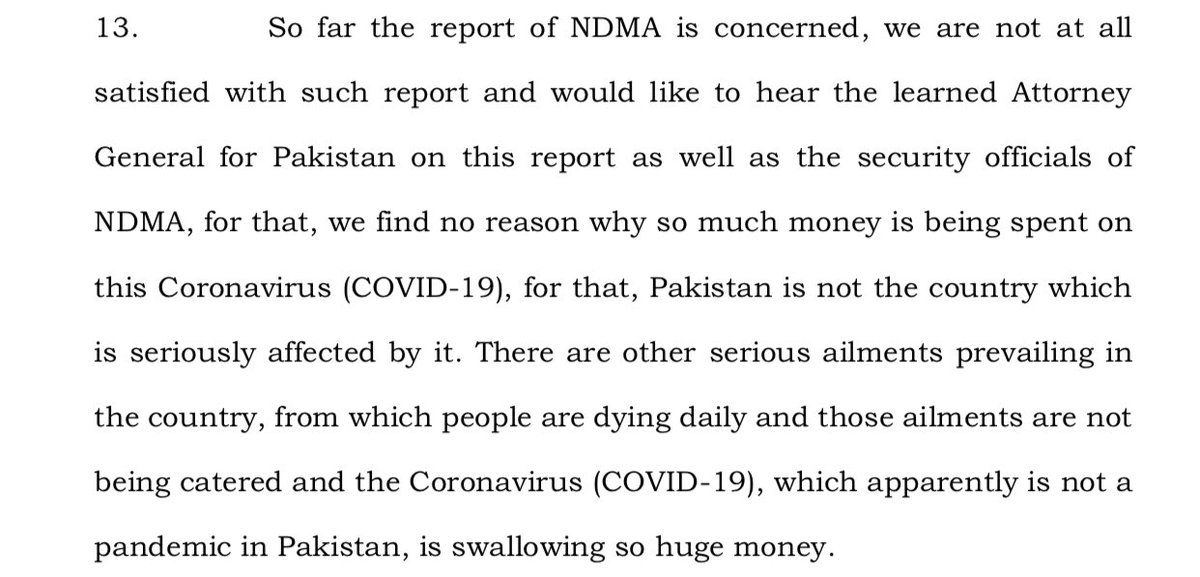
1. On Saad Rizvi’s detention:
On 12 April 2021, Saad Rizvi was arrested and preventively detained under the Punjab Maintenance of Public Order Ordinance, 1960
This was shortly after his meeting with TLP leadership in Lahore, when the party announced nationwide protests
On 12 April 2021, Saad Rizvi was arrested and preventively detained under the Punjab Maintenance of Public Order Ordinance, 1960
This was shortly after his meeting with TLP leadership in Lahore, when the party announced nationwide protests
2. The detention order was initially for 30 days, but was later extended twice to continue until 10 July
The MPO allows for preventive detention for a maximum of 90 days, after which a Review Board comprising of high court judges has to authorise any further detention
The MPO allows for preventive detention for a maximum of 90 days, after which a Review Board comprising of high court judges has to authorise any further detention
3. The Punjab Govt made a reference to extend Rizvi’s detention before a Review Board
On 2 July, the Review Board found there were no sufficient grounds to justify further detention
The Board therefore declined the Govt’s request for extension and directed Rizvi’s release
On 2 July, the Review Board found there were no sufficient grounds to justify further detention
The Board therefore declined the Govt’s request for extension and directed Rizvi’s release
4. Rizvi’s detention under MPO (90 days in total) was to expire on 10 July. Before he could be released, the Punjab Govt once again ordered his detention for 90 days, this time under the Anti-Terrorism Act, 1997
Rizvi’s family challenged this order before the Lahore High Court
Rizvi’s family challenged this order before the Lahore High Court
5. On 1 October, LHC found there were procedural irregularities in the detention order issued under ATA
LHC also found the ATA order was based on the same grounds that were earlier rejected by the Review Board and could only be justified if new circumstances had arisen
LHC also found the ATA order was based on the same grounds that were earlier rejected by the Review Board and could only be justified if new circumstances had arisen
6. LHC held the tests of “legality, need and proportionality”, which were necessary for further preventive detention, were not met in this case
It set aside Rizvi’s preventive detention order under ATA passed on 10 July and directed his release
It set aside Rizvi’s preventive detention order under ATA passed on 10 July and directed his release
7. The Govt appealed to the SC. On 12 October, the SC sent the case back to the LHC, and directed that it be heard by a division bench comprising two judges (the earlier order was passed by a single-member bench)
The next hearing in the case is on 3 November (Wednesday)
The next hearing in the case is on 3 November (Wednesday)
• • •
Missing some Tweet in this thread? You can try to
force a refresh













